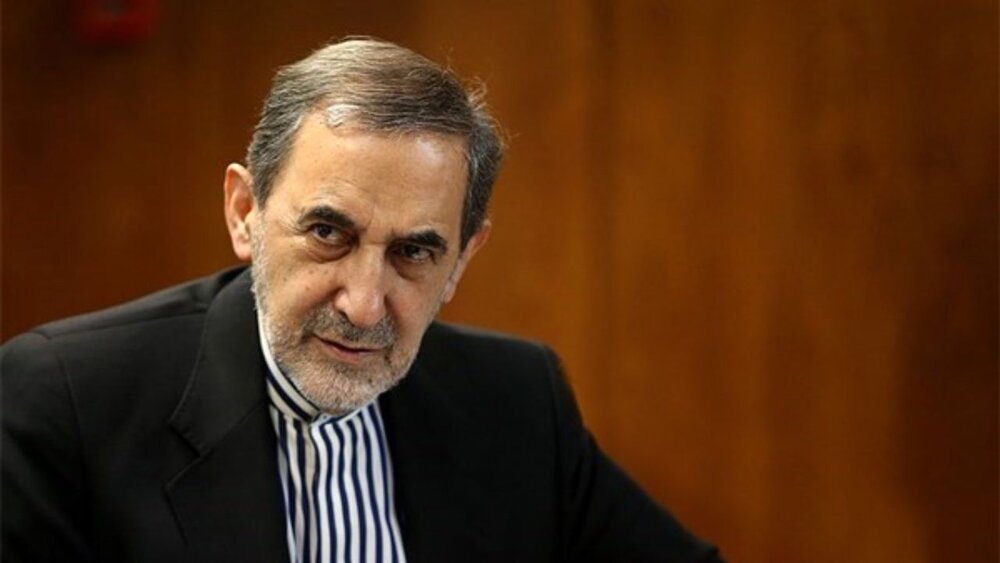Snapback mechanism is Trump’s campaign propaganda, Leader advisor says

TEHRAN – Aliakbar Velayati, a senior advisor to the Leader of the Islamic Revolution on international affairs, has said that the U.S. efforts to trigger the snapback mechanism is election propaganda meant to boost Donald Trump’s reelection chances.
“Trump’s popularity is declining. What the Americans do is nothing but vociferous propaganda and an effort to attract [the attention of] the public opinion in the U.S.,” Velayati told the Tasnim news agency in an interview published on Saturday.
Responding to a question on the U.S. efforts to trigger the snapback process and Iran’s possible response to the measure, the former foreign minister said, “The position of the Islamic Republic is crystal clear; first of all, the JCPOA cannot be unilaterally implemented by the Islamic Republic, but not implemented by the other parties. Also, the Americans who left the JCPOA have no right to act, and their claim is void. When they are not members of the JCPOA, how do they want to trigger the snapback mechanism?”
On August 20, U.S. Secretary of State Mike Pompeo traveled to New York to notify the UN Security Council of Iran’s “significant non-performance” of the nuclear deal as defined in UN Security Council Resolution 2231. All JCPOA participants, along with 13 members of the 15-member UN Security Council, rejected the U.S. notification. They said the U.S. had no legal authority to initiate the snapback process because it lost the right to do so by withdrawing from the JCPOA on May 8, 2018. However, the U.S. keeps insisting that UN sanctions on Iran would return on September 20.
On Friday, the three European signatories to the Iran nuclear deal, which is officially known as the Joint Comprehensive Plan of Action (JCPOA), said in a joint letter to the president of the UN Security Council that the U.S. notification was “incapable of having legal effect” and that the sanctions relief for Iran would continue beyond September 20.
“At the request of our foreign ministers, Germany, France, and the United Kingdom (‘the E3’) would like to follow up on our letter to the presidency of the UN Security Council dated August 20th, 2020. In this letter, we expressed our shared view that the purported notification under paragraph 11 of UNSCR 2231 (2015) received from the United States of America and circulated to the UN Security Council Members is incapable of having legal effect and so cannot bring into effect the procedure foreseen under OP 11. It flows from this that any decisions and actions which would be taken based on this procedure or on this possible outcome would be incapable of having any legal effect,” the E3 said in their letter.
Velayati said the JCPOA has lost its credibility after it was turned into a one-sided agreement implemented only by Iran.
“We have shown that we stand by our principles. We have been under sanctions since the beginning of the revolution, and when we were supposed to accept the P5+1 plan in exchange for the lifting of sanctions, we fulfilled our obligations, but the other side did not lift the sanctions. So a one-sided JCPOA has no credibility. The trigger mechanism is a propaganda game,” the advisor pointed out.
He also said other parties to the JCPOA have failed to fulfill their obligations under the deal and only made promises while directly or indirectly playing part in the U.S. sanctions.
“We have no acceptable trade or monetary ties with Europe. Because, following the U.S. request, they publicly boycotted Iran. So, in practice, the United States in one way and Europe in another way violated the JCPOA. Therefore, this agreement, which has been practically violated by one party, is not valid,” Velayati said.
SM/PA
Leave a Comment